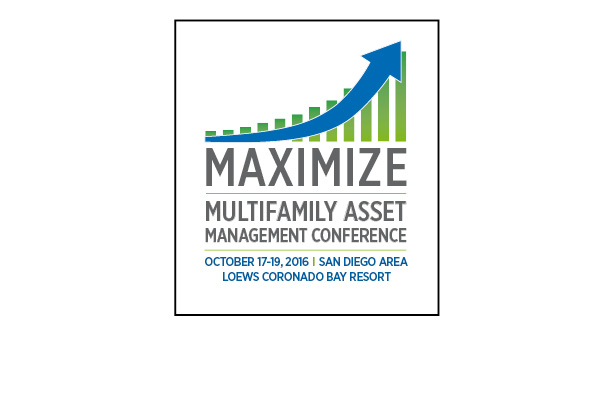Downturn Ready?
Tips from NAA Maximize
At Maximize powered by NAA, the annual conference dedicated to asset and revenue management and long-term value creation for apartment portfolios, industry pros talked about how changes in the economy — including an expected downturn ahead — will impact multifamily revenue management. This year’s sessions covered renovations and amenities in some detail, with panelists speaking […]


